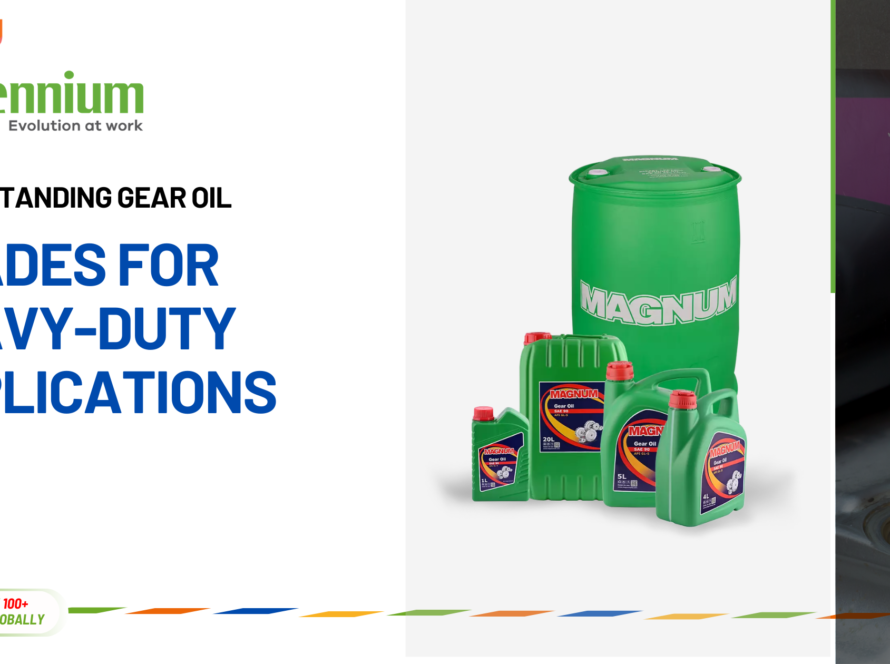Engine is the power of any automobile and oil does play an important role in sustaining it.
Nevertheless, failure to have periodical oil change can make the formation of motor oil sludge which is an actual sticky, tar substance that is capable of blocking essential particulars within the engine and therefore adversely affecting its performance.
This blog looks at all that you should know about the prevention of motor oil sludge. As you read on, you will find out what causes sludge and how you can prevent it, and other practical tips on how to keep your engine fit.
What is Motor Oil Sludge?
Definition and Causes of Oil Sludge
Motor oil sludge is referred to as a thick, semi-solid material that results when motor oil degrades from heat, sediments and oxidation.
In the long run, deposits of the worn-out oils stick to the engine hence forming layers that block some of the channels required for improved efficiency. Sludge formation is caused by such factors as irregular oil changes, using low quality oil and overheating of the engine.
Why is Oil Sludge Harmful?
First, oil sludge is not healthy for the condition of your engine because it prevents the oil from flowing well to the parts that it needs to lubricate effectively preventing the parts from grinding against one another causing them to overheat. This leads to overheating, poor fuel consumption, potential damage or even complete failure and expensive bills.
Common Causes of Motor Oil Sludge
Infrequent Oil Changes
One of the leading causes is the failure to observe the right time for an oil change or swap. In the case of when manufacturers recommend a new oil be placed in the vehicle, failure to do so results in the oil degrading and attracting many contaminants thus enhancing sludge.
Poor Quality Motor Oil
Not using the best quality motor oil or one that is wrong for your car can cause early formation of sludge. In this case, premium grade oils, especially synthetic types, are able to stand high temperatures without forming sludge.
Engine Overheating
If the temperature in the engine compartment is too high the motor oil is decomposed at a much faster rate. Not only overheating causes sludge risk but it also affects other crucial engine components.
Driving Habits
Recurrent short journeys or slow-moving traffic create low temperatures that retard the circulation of motor oil and require it to achieve optimum working temperature for proper lubrication. This forms a partial circulation, which causes sludge to build up over time.
Signs of Motor Oil Sludge in Your Engine
Reduced Engine Performance
Over the life of an engine, degradation of its oil may begin to form sludge, which progressively impairs the engine’s healthy functioning, as shown by reduced power, slow acceleration, and reduced fuel economy.
Check Engine Light Activation
Sometimes the check engine light illuminates if it finds a decrease in the flow of oil as well as other problems due to sludge. Although this warning may be due to other causes, sludge is often a cause.
Visual Inspection of Oil and Engine Components
One can easily tell if there is sludge buildup when drained oil is thick, dark or deposits under the oil cap during the normal servicing.
How to Prevent Motor Oil Sludge
Regular Oil Changes
In order to avoid sludge, motor oil ought to be changed for the period recommended by the vehicle manufacturer. The good thing about every oil change is that it helps to get rid of contaminants before they can actually do something damaging to the engine.
Use High-Quality Motor Oil
Use the best quality of motor oils and in particular synthetic ones since they face minimal oxidation and have a right viscosity. Sophisticated forms of synthetic oil are supposed to have reduced susceptibility to sludge risks in high-performance engines.
Maintain Proper Engine Temperature
To prevent overheating of your vehicle, make certain that your vehicle’s cooling system is in place. Examine the coolant levels now and then and any problems with the thermostat and radiator should be solved without delay.
Adopt Good Driving Habits
Most of the drivers’ behaviors are highly influential in how sludge can be prevented. Steady-speed motorway runs help to get the oil to circulate better, reducing sludge formation thus increasing oil capability. Do not make too many short runs and try to minimize exposure to congestion with a lot of stopping and starting.
Periodic Engine Cleaning
It is advisable to have the engine flushed every now and then to eliminate any possible build-up of sludge depending on the mileage and the possible signs of it. An engine flush is the use of chemicals to remove deposits on internal parts of an engine for better performance of the engine.
How to Remove Existing Motor Oil Sludge
Professional Engine Cleaning Services
If there is a problem of sludge, then it is better to address specific services of engine cleaning. Engine components are cleaned following strict techniques and methods by masters to avoid any level of damage.
Engine Flush Products
There are automotive products found at automotive stores called engine flush products that may help dissolve sludge as well. Some of these go into the motor oil and are circulated in the engine before the oil change is conducted. But should also be used sparingly and only when advised to do so by your mechanic or the manufacturer of your car.



